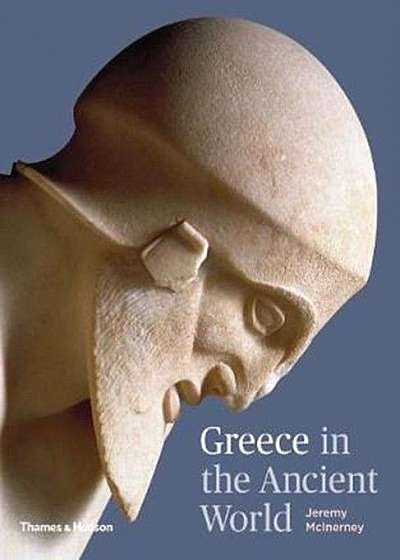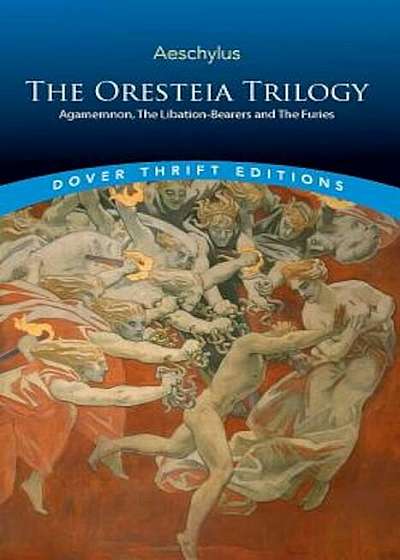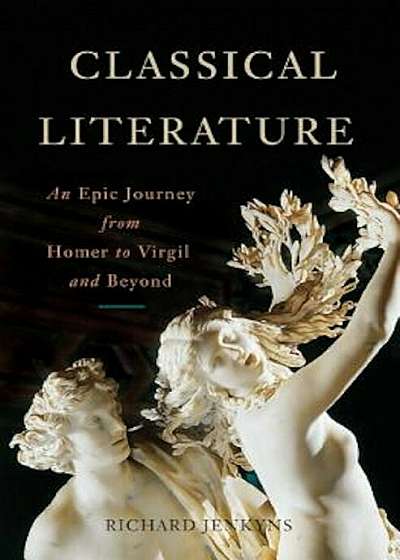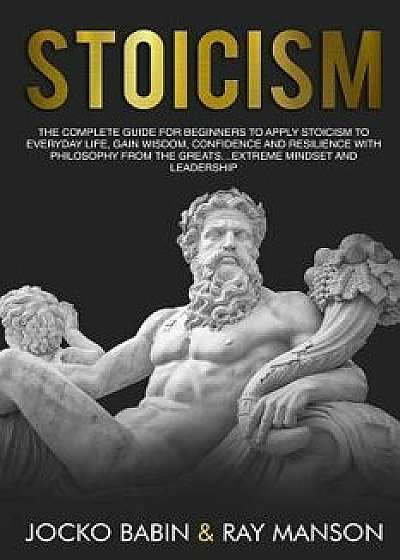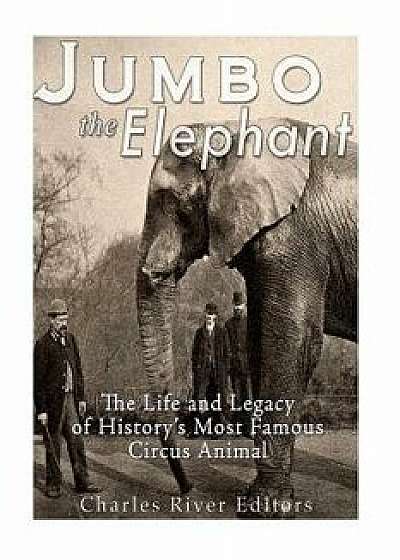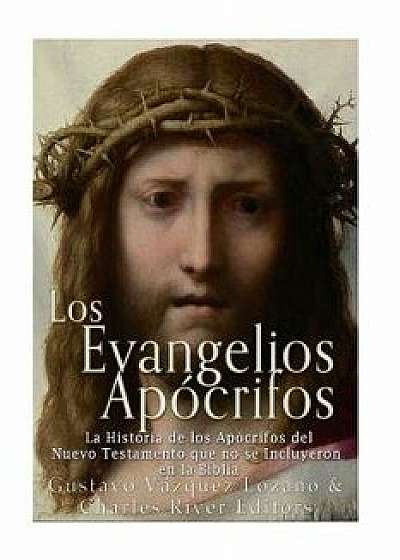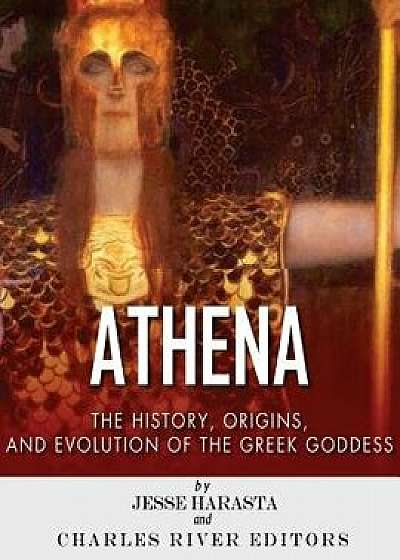
Athena: The Origins and History of the Greek Goddess, Paperback/Charles River Editors
Descriere
Includes pictures of important places and historic art depicting Athena and other Greek gods and goddesses. Explains the historical origins of the goddess and the mythological tales about her. Includes a Bibliography for further reading. "I begin to sing of Pallas Athene, the glorious goddess, bright-eyed, inventive, unbending of heart, pure virgin, saviour of cities, courageous, Tritogeneia. From his awful head wise Zeus himself bare her arrayed in warlike arms of flashing gold, and awe seized all the gods as they gazed. But Athena sprang quickly from the immortal head and stood before Zeus who holds the aegis, shaking a sharp spear: great Olympus began to reel horribly at the might of the bright-eyed goddess, and earth round about cried fearfully, and the sea was moved and tossed with dark waves, while foam burst forth suddenly..." - "The Hymn To Athena," attributed to Homer For the ancient Greeks, there were few divine beings more important, and more generous, to humanity than the goddess Athena, who was also called "Pallas," "Pallas Athena" and (to the Romans) "Minerva." The daughter of Zeus, Athena was famous as a virgin warrior woman who was born from her father's skull bearing a helmet, shield and spear, but she was far more than simply a warrior goddess. She was at heart the patronage of civilization and all of the arts that made advanced human society possible. She was the mistress of weaving, navigation, craftsmanship, and she gave her patronage to defensive wars, wise laws, and the "city" itself. Since the city-state, known as a "Polis" by the Greeks, was the center of Ancient Greek life, law and politics, this made her all the more important as a deity, especially since she lent her name to one of the most famous of them all: Athens. The pervasive nature of her influence in the Greeks' everyday life has ensured that Athena remains one of the most instantly recognizable goddesses. She is mentioned in diverse works like Hesiod's Theogony, Homer's Iliad and
